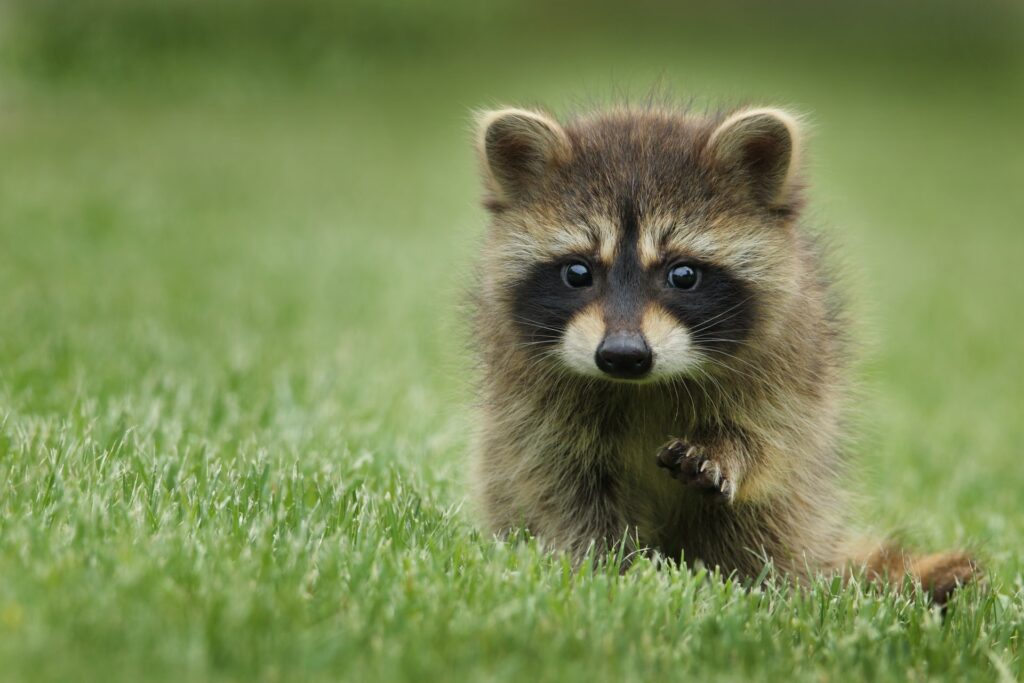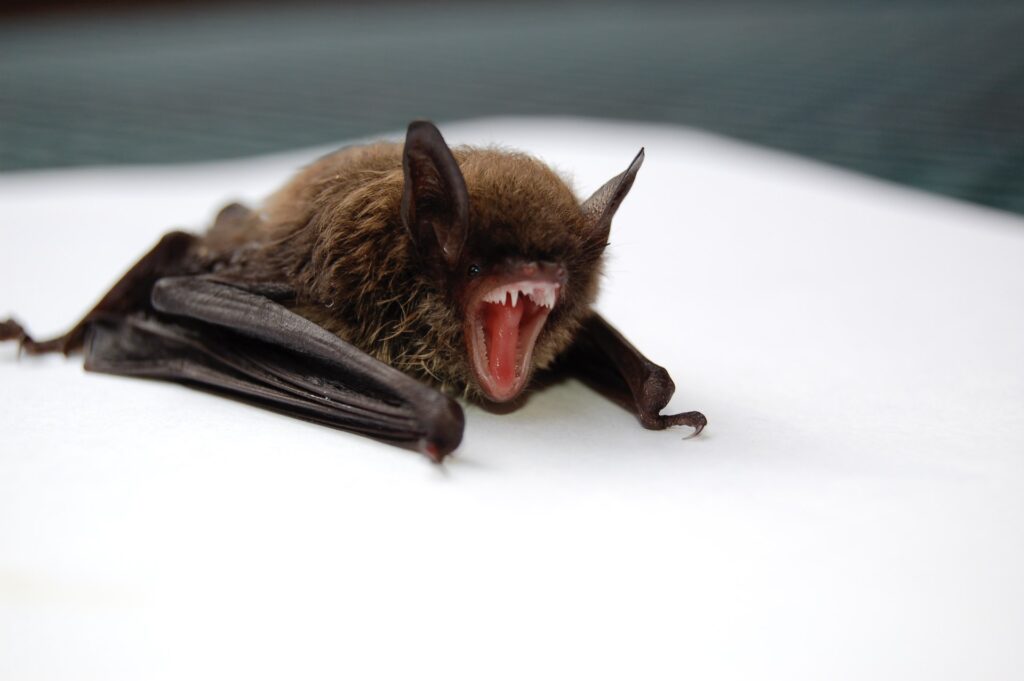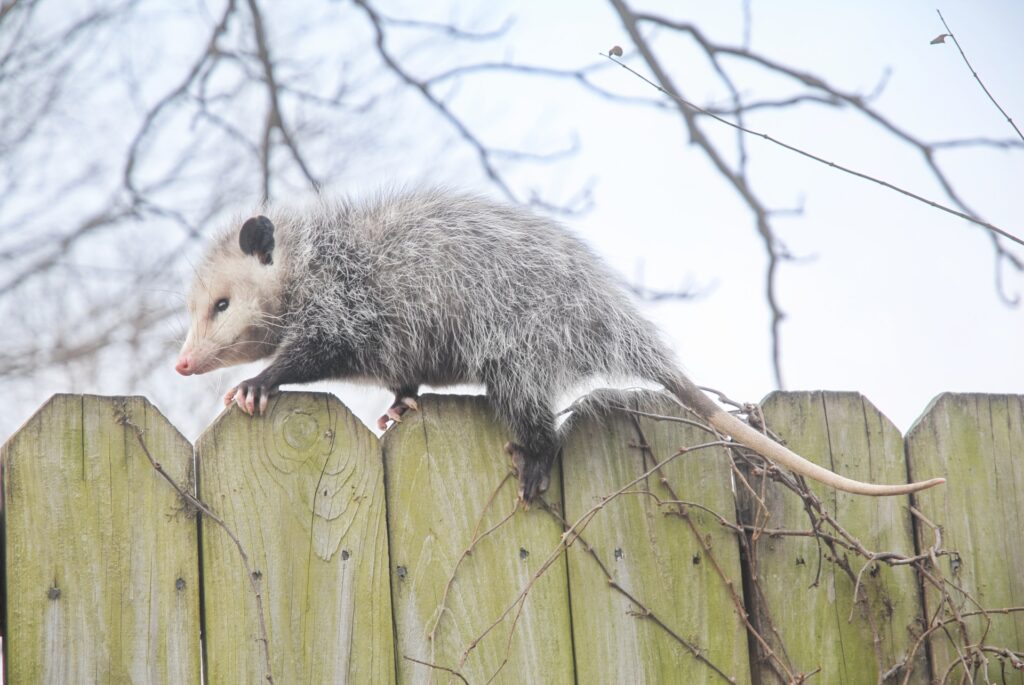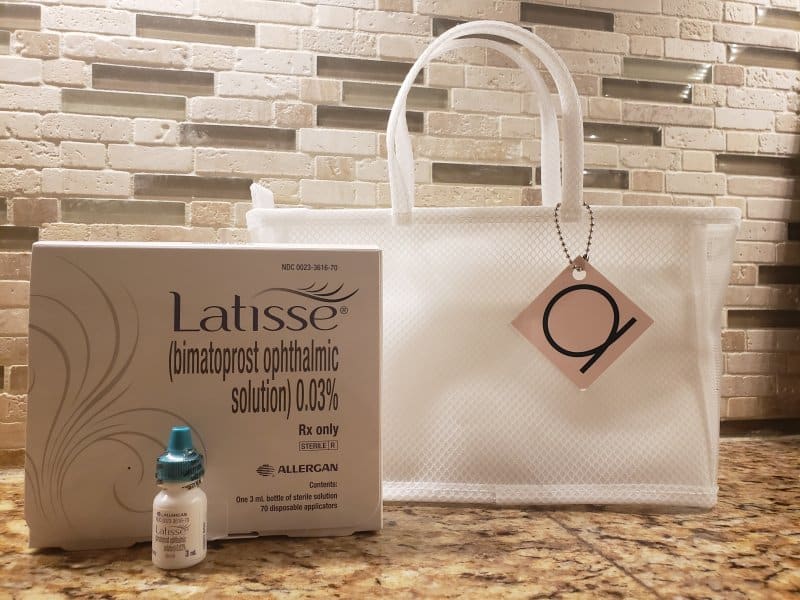The abundance of nature is a fascinating and usually enthralling thing. As someone once said, “life finds a way”, and a few moments spent in any garden will confirm that for you. From the humble earthworm to the heroic bee, the great outdoors are teeming with life – and there’s usually a lot we have to thank them for.
When your home or garden receives a visitor from the animal kingdom and they’re not providing essential garden services like oxygenating your soil or pollinating plants, that’s a different matter. Some pests can set up home in your house or garden and, once they’re comfortable, they will be a real problem to remove. Below, we’ll look at a few examples of unwelcome house guests, what they can do to your home, and what to do about them (as well as what not to do).
Raccoons

The expressive faces, panda eyes and grabby paws make raccoons maybe the most adorable pests you’ll ever have to keep a look out for, but they are pests nonetheless. They are attracted by trash, and if there is none lying around they have been known to knock garbage cans over to get to it. If a raccoon gets inside your house they can do structural damage, injure you and potentially fatally harm your pets. Also, they may carry rabies.
What to do: Contact live trapping experts and have them humanely removed. They won’t go hungry.
What not to do: Feed, or in any way “adopt” them. They can’t be domesticated, no matter how tempting it is to try.
Bats

Despite their supernatural portrayal, bats are not a significant threat to humans in the main. A healthy bat will go to great lengths to simply avoid humans, taking flight if you get nearby and only ever attacking if cornered. They have weak jaws and small teeth, so their bites are unlikely to do much damage, and although they have a reputation for carrying rabies, the incidence among bats found in residential areas is less than 1% – lower than most animals. They can, nonetheless, cause damage by depositing their waste, which is corrosive to wood and other materials – so if they’re found in your loft, it’s best to encourage them to leave.
What to do: Call pest control and have them released into the wild – they have the means to survive out there.
What not to do: Approach a sick, dead or dying bat. Live ones may bite to defend themselves, and dead ones can pass on diseases.
Opossums

Often shortened to just “possums”, these rodents can sow chaos in any home that they infiltrate. Unlike most rodents, they aren’t bound by a routine, so they can emerge morning, noon or night to forage for food, gnaw through more or less anything, and often use the area around them as a bathroom. In short, you’ll know if you have a possum; they’re not stealthy. Your first warning may be loose shingles or siding as they seek to climb into your home. They’ll make noise, with hissing and shrieking the main sounds by which you can identify them. And if you have pets, be prepared for their food to go missing.
What to do: This is another job for pest control. An unprofessional attempt to remove them can lead to a lot of damage.
What not to do: Ignore any smells. Whether by moving throughout the house and marking territory, or getting trapped and dying, possums can cause a stench that’s hard to remove.




Leave a Reply